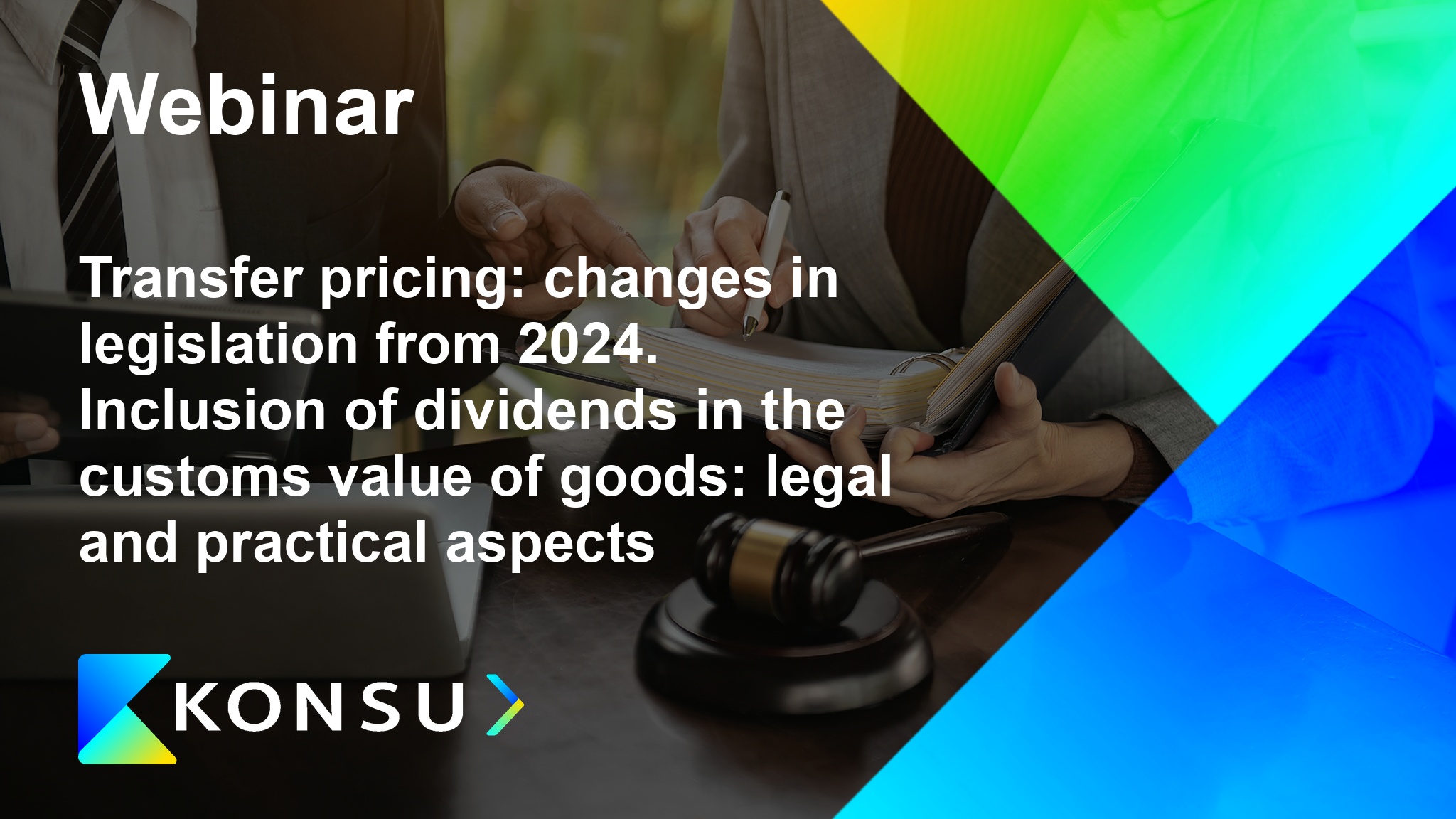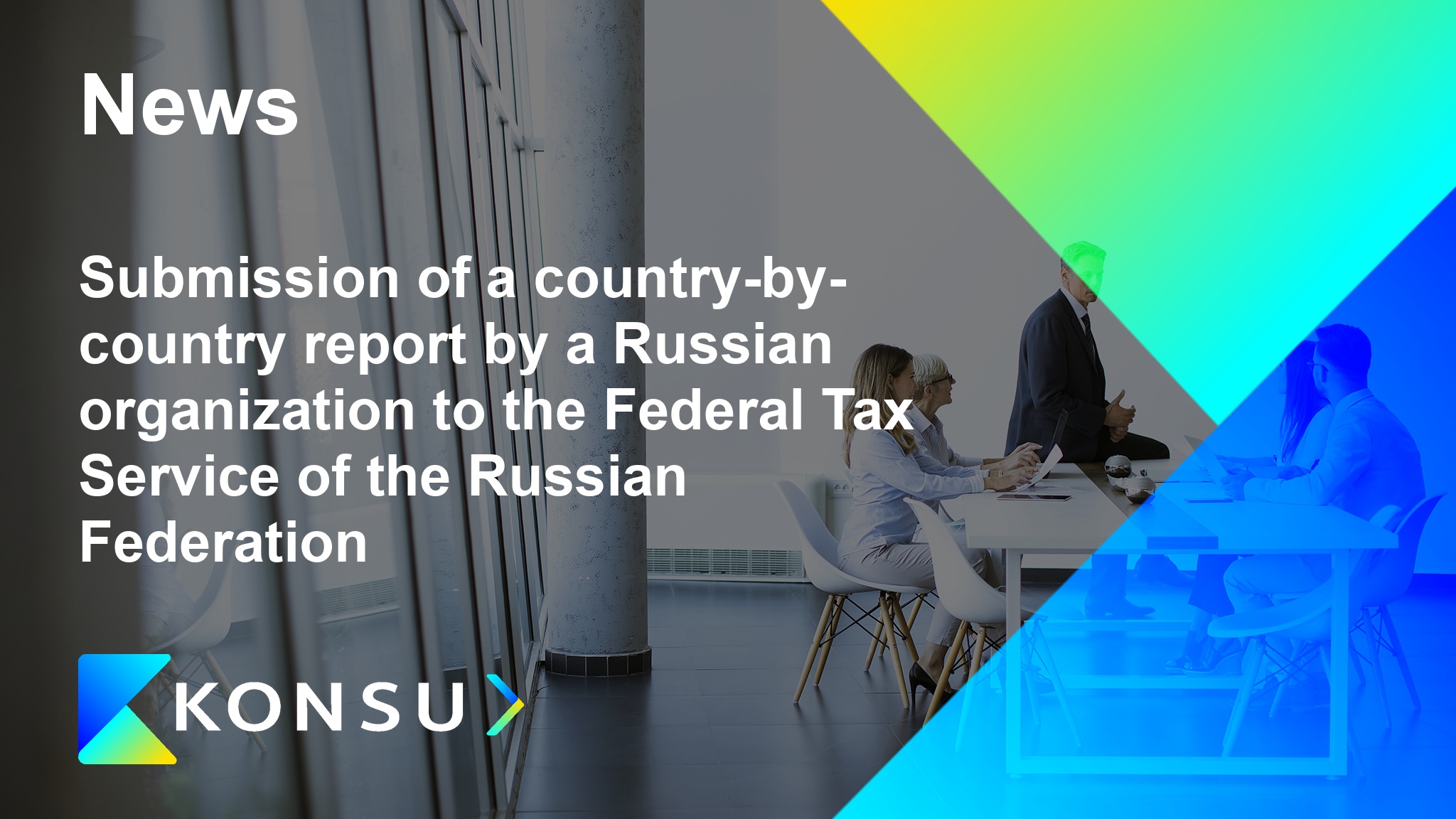Have you ever done an internet search for “transfer pricing”? It is a rather dry and complicated subject, isn’t it? Let’s talk about transfer pricing in simple terms.
Who is subject to transfer pricing regulation?
All multinationals are generally subject to transfer pricing rules. Why? Because they consist of multiple legal entities.
If these entities conclude transactions among each other, they can set any price they want for their goods or services because they are members of the same group.
It helps to think about a multinational structure as a family. Could you ask your uncle to sell you his old car a bit cheaper? Yes, you would because he’s family.
The same goes for large multinational companies which can transfer goods or services among their members ignoring market prices. This is actually an easy way to manipulate taxable income and shift it to low-tax countries.
But, of course, tax authorities would never encourage such practice.
How to comply with transfer pricing regulation?
All transactions with related parties must be reported local tax authorities. In Russia, a report on controlled transactions must be filed by May 20th of the year following the taxable year.
Then, the prices applied in controlled transactions must be compared with market prices. Let’s get back to our simple example. Let’s assume that you talked your uncle into selling his old car for 1000 bucks.
Your uncle would then need to research the market for similar cars sold among unrelated people. This could be done by going to a local car dealer who happen to have recently closed 4 deals with similar cars for the following prices:
- 1400
- 1200
- 1100
- 1050
Then, your uncle would remove the highest and the lowest price so that what is left is your market price for tax purposes. In our example, 1100 is our floor value and 1200 is our ceiling value. Practically, this means that your uncle will have to pay taxes on 1100, even though he sold his car for 1000 bucks.
Your uncle would need to support all these computations at tax authorities’ request.
Of course, this is a very simple example, and in real life numerous complex economic assumptions and adjustments need to be made. That’s why it’s usually best to leave this task to professionals.
How can Konsu help?
Konsu can help you to ensure compliance with transfer pricing regulation.
We have been preparing transfer pricing documentation and drawing transfer pricing policies for foreign companies in Russia for many years now so we are willing and ready to help.
Feel free to contact us if you would like to find out more about our transfer pricing services.
Related content

Send message
Please describe your situation and we will find an optimal solution for your business.
info@konsugroup.com







